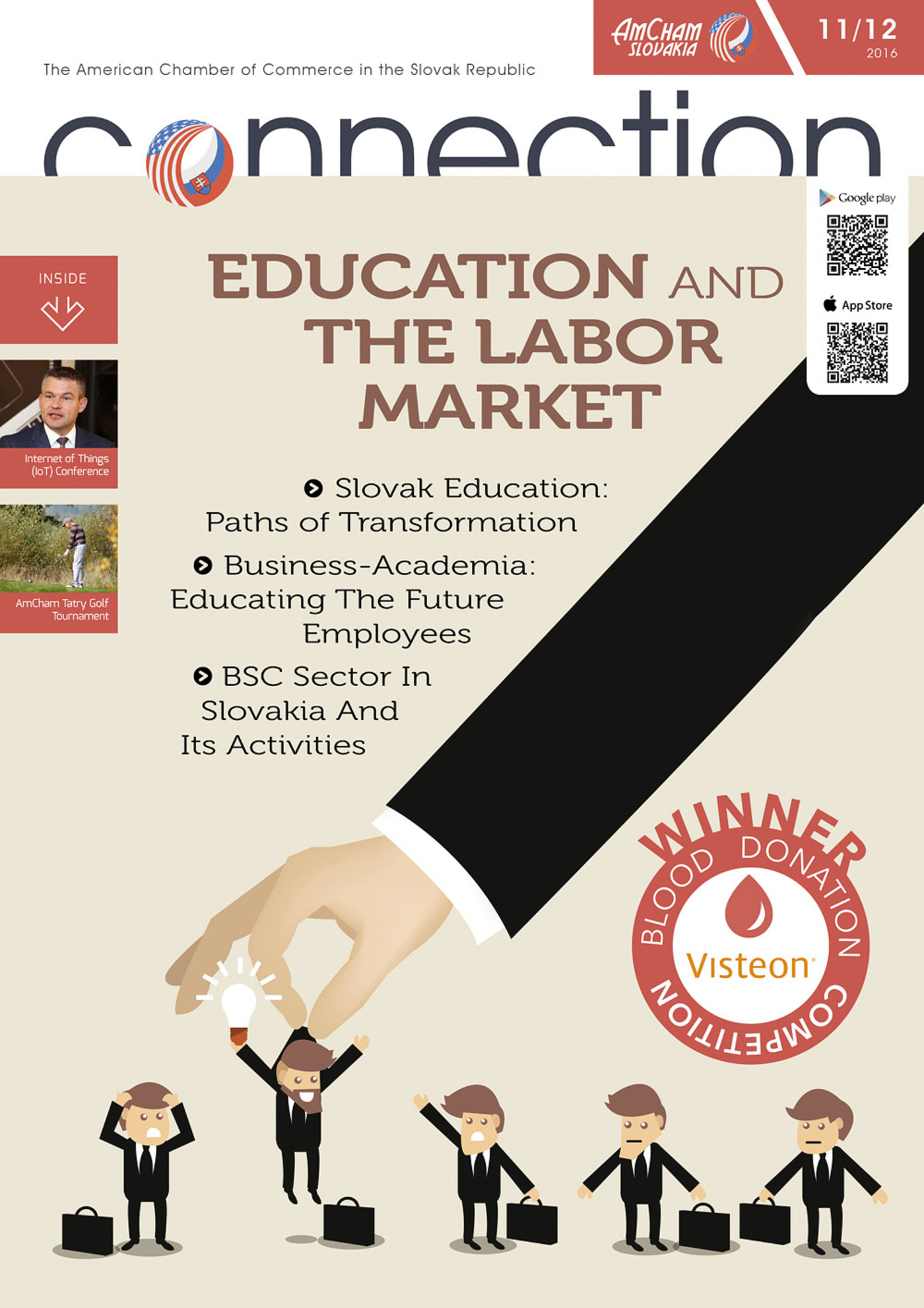Education of our children must adjust to a new paradigm reflecting the needs of our societies. Traditional education systems were shaped by demands of mass industrialization. Their main task was to provide the majority with basic skills and the elite with advanced competencies. Nowadays, it is the new era of knowledge society which defines demands on our children and their teachers. We need to teach students how to learn, how to seek and assess information, and how to work and live with others, and not confine the world of knowledge to a fixed set of facts and skills.
Yet, ways of achieving these goals are far from clear and heated debates about what works best flourish in each country. We do not have to reach far into the past for an illustration. Throughout the summer, Chester Finn and Marc Tucker, both distinguished educational experts, have requested Mark Zuckerberg and his wife, Priscilla Chan, to use their philanthropic dollars in various ways to trigger sustainable innovation reforms in education.
Chester Finn, head of the conservative think tank Fordham Institute, suggested Zuckerberg and Chan focus their philanthropy on innovation outside the state-run education system. He claims that causing a state — even a single school — to alter its accustomed ways to any significant degree over the long haul takes more leverage than philanthropy can muster. His advice is to completely avoid state initiatives and programs, focus on innovators — in the charter movement and beyond — who are creating something wholly new.
On the other hand, Marc Tucker, President of the National Center on Education and the Economy, urged Zuckerberg and Chan to effect change within the public system. Tucker argues that there is rich evidence that this is possible and more effective than supporting initiatives at the margin of the system. Therefore he suggests that Zuckerberg and Chan help states and districts study what the world top performers have done and help them build their own agenda on their shoulders.
Slovakia society recognizes that our education needs fundamental changes. In doing so, both approaches could lead to significant improvements. First of all, we need the private and non-governmental sector to invest in new projects that the government cannot or will not invest in due to their experimental nature. One option for a wealthy philanthropist is thus to support unconventional initiatives in education. This could provide much needed flexibility enabling schools and teachers to use new and innovative methods. In the end, best practices from schools could inform the government policy and be applied across the whole system. Bringing about a large-scale change can be achieved only with the involvement and support of the state.
The second approach is to focus on the countries with the world’s best-performing education systems. Together with my colleagues at the Education Policy Institute, we are trying to do our bit. As the strategic-analytical unit at the Ministry of Education we promote evidence-based policy approach aimed at increasing the quality of schools. We believe that the best systemic change and delivery begins with the right conceptual analysis utilizing best practices from other countries. Most recently, our Institute has been working towards increasing the efficiency and effectiveness of public spending in the education sector through the so-called “value for money” initiative. We also actively participate in elaborating the National Program of Education for the next ten years.
Instead of using this editorial as the third open later to Zuckerberg and Chan, I would rather like to use this space to thank all the people who in many different ways use their money, time, or even lives to improve our school system. I believe that only the joint effort of all actors — the public sector, professionals from academia, philanthropists and experts from the business sphere and NGOs, teachers, school leaders and parents — will enable us to shape policies which best reflect the children’s needs.
Matej Šiškovič, Chief Analyst at the Slovak Ministry of Education, Head of Education Policy Institute



Follow us